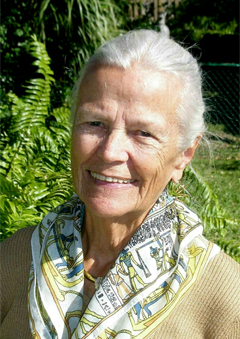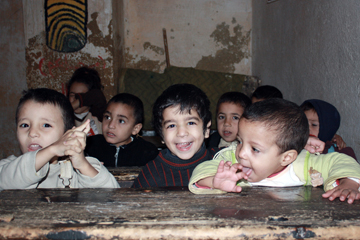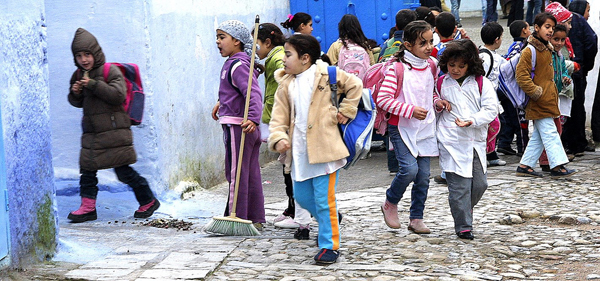“The [Peace Corps] application process has been a challenge, but it has given me an opportunity to examine my life and future goals.” – Muriel Johnston

Muriel Johnston
At 84 years old, Muriel Johnston is not your average Peace Corps applicant.
She’s beginning her Peace Corps service this spring in Morocco with a lifetime of achievements and experience to share with her host country and fellow Peace Corps colleagues.

